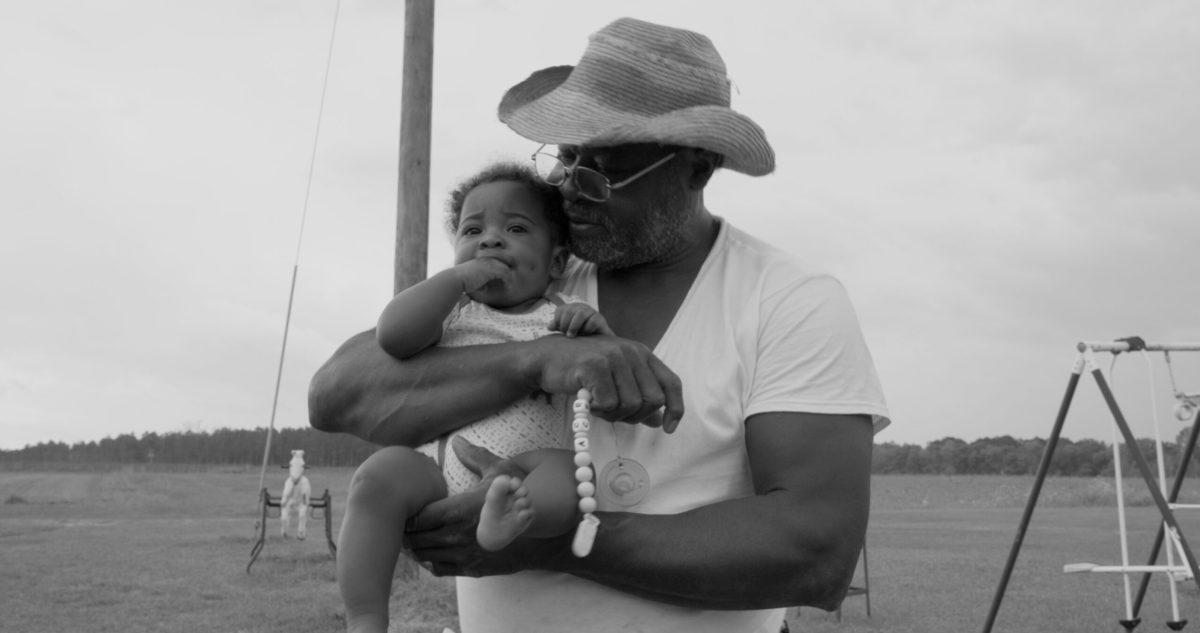
Director Brittany Shyne takes audiences on a journey to tell the complex and moving stories of a group of Black farmers in southern Georgia
I grew up in the Deep South and driving past cornfields taller than me on the way to school was synonymous with my upbringing. The archetype of farmers has always been incredibly prevalent in my life.
So, naturally, when I heard about a film that was going to talk about these salt-of-the-earth workers and was going to be showing in my home state, I pounced on the opportunity to see it.
Set in south Georgia, “Seeds” showcases a little bit of small town life as well. This film was shown at the True/False Film Fest on Sunday at 9 a.m. at the Missouri Theatre in a full house. Director Brittany Shyne perfectly encapsulates the hardworking values of a farmer in “Seeds,” while simultaneously highlighting some of the effects of systemic racism Black Americans experience.
One main struggle explored throughout “Seeds” was the fact that Black farmers received no settlement for a class action lawsuit, which had been ongoing since 1997 in the case of Pigford v. Glickman. While the case was technically “settled” in 1999, many Black farmers never received their settlement. “Seeds” aimed to let them tell their stories.
Shyne uses entirely black-and-white cinematography in the film, which completely isolates the beauty of nature and instead lets us focus on the moving story of the characters. “Seeds” begins with a cold open at a funeral where people of all ages are shown reacting differently to this event.
After the showing on Sunday morning, Shyne spoke in a Q&A about her choices to film so many close shots, referencing the funeral scene. She also discussed her focus on the features of different age groups, as well as her choices to shoot in tight spaces, such as cars, to allow the audience to feel as if they’re “part of the family.”
Shyne also talked with the audience about her other stylistic choice, including not mentioning any of the names of the interviewed subjects. Shyne’s goal of the project was to shed light onto the lives of Black farmers as a whole. She said she didn’t want to convey that this is only how a few individuals live, but rather how a vast amount of individuals live.
“Seeds” is without a doubt one of my favorite movies I’ve seen in a while. My personal connection with this film is what initially had me interested in going to see it, but the beauty and complexity of the film drew me in so much more than I could have ever expected. “Seeds” transported us as an audience, to be with those farmers in south Georgia and see what their life is truly like, unedited.
As they had highs, we had highs. As they had lows, we had lows. Yet, all of this culminated into a beautiful story about some fantastic people. I cannot wait to watch this again, and if you have the chance, please consider seeing “Seeds.”
You can keep up with The Maneater’s 2025 True/False Film Fest coverage here.
Copy edited by Emma Short | [email protected] by Emilia Hansen | [email protected] by Annie Goodykoontz | [email protected]